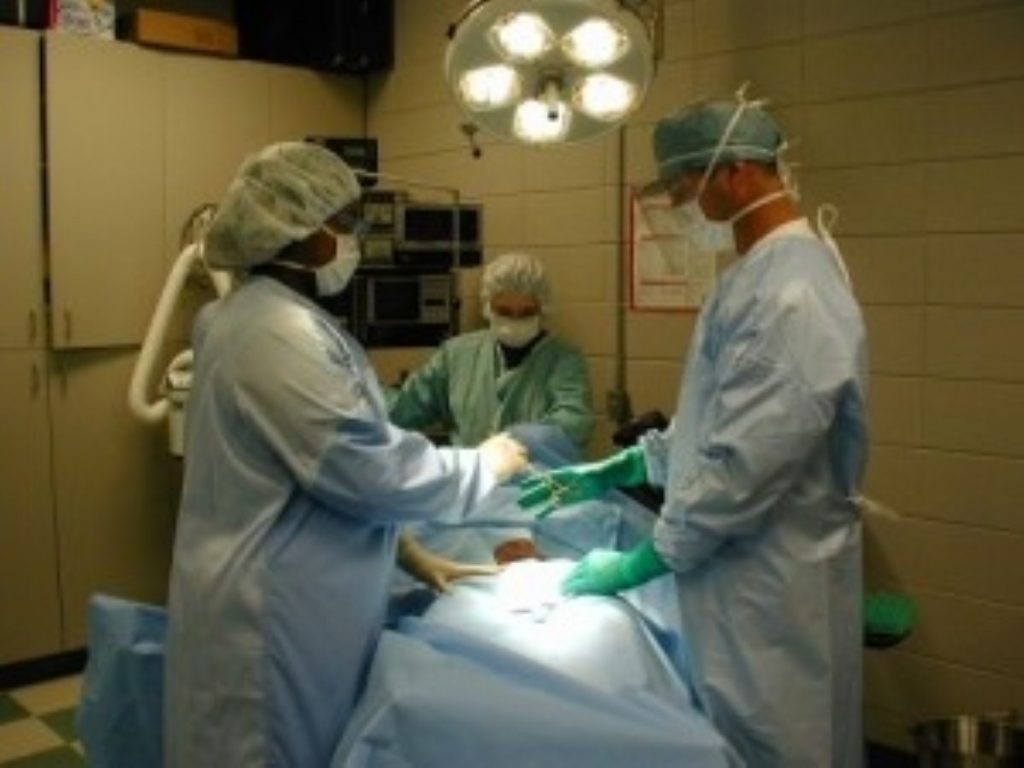BMA highlights plight of refugee doctors
The British Medical Association (BMA) has said that many highly qualified refugee doctors are forced to work in menial jobs.
They claim that lack of support and the complexities of the UK’s health system mean that the NHS is missing out on the skills of refugee doctors.
Nearly a thousand refugee doctors have registered on the BMA’s database of refugee doctors, but only 57 are reported to be working.
Though the BMA estimate that the actual number employed in the medical system may be higher, it is unlikely to be more than 150.


The chairman of the BMA’s International Committee, Dr Edwin Borman, said: “The skills of medically qualified refugees are badly needed and it’s ironic that so many are unable to work.
“It costs £250,000 to train a British medical student to become a doctor, but as little as £10,000 to prepare a refugee doctor to practise.
“From August the European Working Time Directive will impose new limits on junior doctors’ hours, making it even more important that the NHS makes the best use of refugee doctors.”
The BMA believes that many refugee doctors are struggling to pass the clinical exams needed to practise in the UK because of a lack of familiarity with the system and funding problems.
As recruitment processes in the UK are different to many of the refugees’ home countries, the BMA report that many need help in interview preparation and have difficulty in explaining gaps in their CV.
One of the case histories highlights is that of Dr Shakiba Habibula. She claimed asylum in the UK after the Taliban came to power in Afghanistan, but it took her eight years to find a job as a medical professional during which time she worked as a receptionist and secretary.
At this month’s annual conference the BMA will be calling for the Government to introduce measures to make it easier for refugees to find hospital attachments and access support services.
The BMA are raising the issue to coincide with National Refugee Week, which aims to publicise the contribution of refugees to the UK.











